How to Think Like a Skeptic

In his essay On Education, Michel de Montagne wrote that the brain, like the stomach, is a useless organ if it does not change the material it has been given.
He had a particular dislike of ‘bookish’ learning, and people who merely regurgitate what they have been told.
To digest information, to help us think creatively instead of bookishly, there are three basic steps for extracting the mental nutrients and putting them to good use:
Ingest new information
Be a Skeptic.
Nowadays the meaning of this word has become muddled, but a Skeptic was originally one of a group of Greek philosophers who recognised that we tend to accept or reject new information as soon as we hear it, merely based on an emotional response. This knee-jerk judgement is then justified later by cherry-picking facts that suit what we’ve already decided.
So, I might swallow new and bogus information whole just because someone I admire has said it, or I might reject it whole because it displaces some of my own pet opinions, even if they are unhelpful, or biases.
The Skeptics discipline was to mindfully set aside this emotional response, practice listening to new information without judgement (no matter the source), and then see what wisdom could be gained from it with an open mind.
And you can do this too. Read or listen to anything, watch your responses mindfully until they have no real effect, listen twice if you have to, then start to work on the information as if you don’t care from where you heard it.
This practice can be rather confronting. We might find out that we aren’t as virtuous or open-minded as we thought we were, and we might have to brace ourselves as we listen to information from a source we would normally reject.
But practice every day and it’ll get easier. The benefits are that we can then move on to extracting the wisdom from a vastly greater number of sources, that we can gain understanding and compassion for people we previously despised, and it is like a gymnasium for active mindfulness.
Once we have this information on board, we can begin to work on it, break it down, mix it in with what we think we know, and challenge both to get the better of each.

